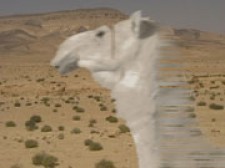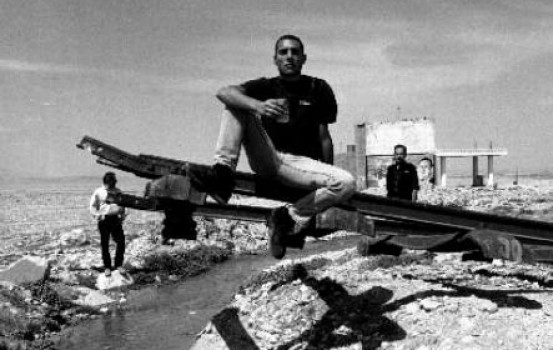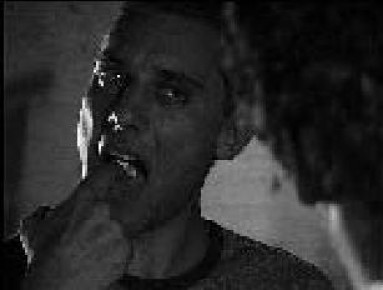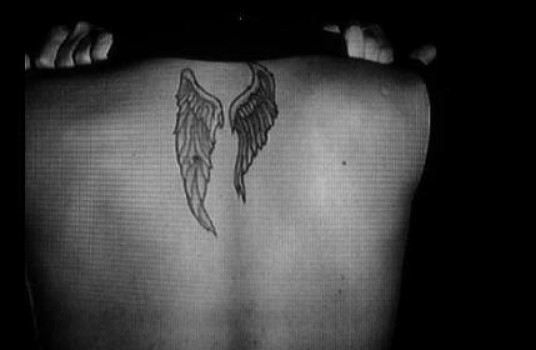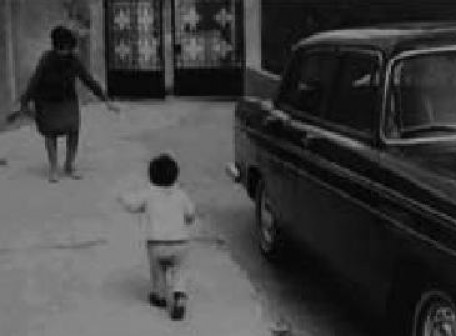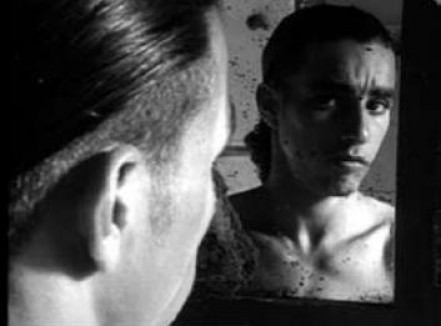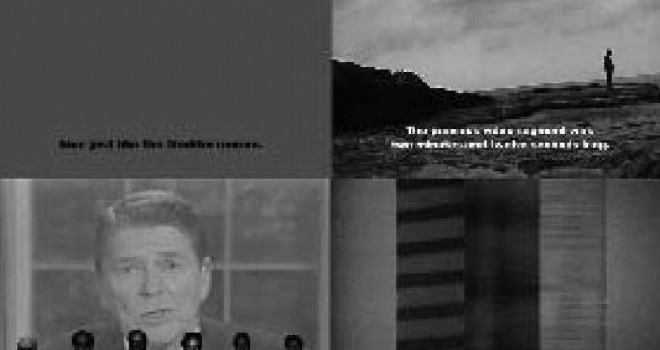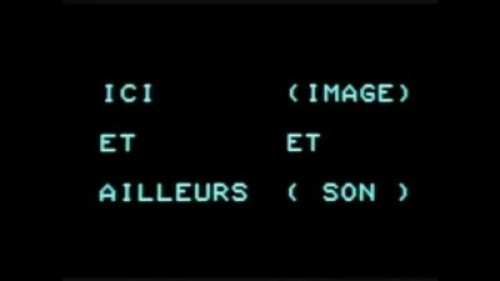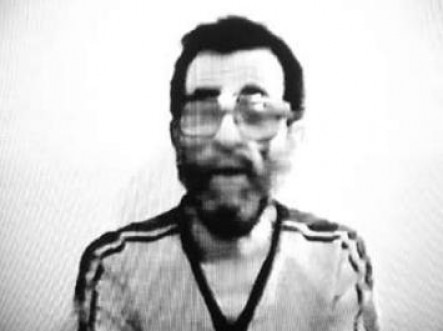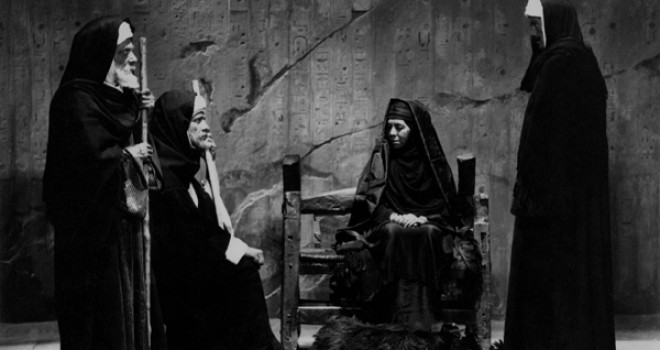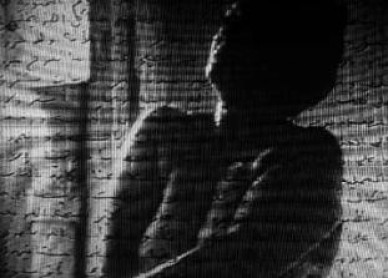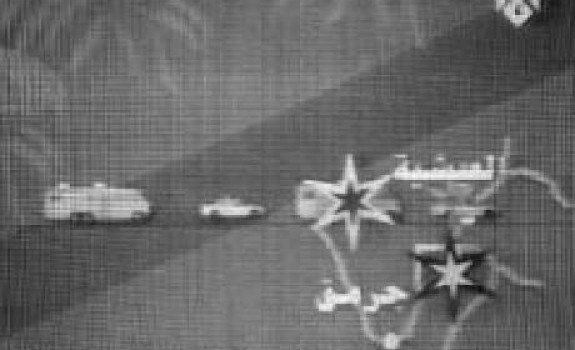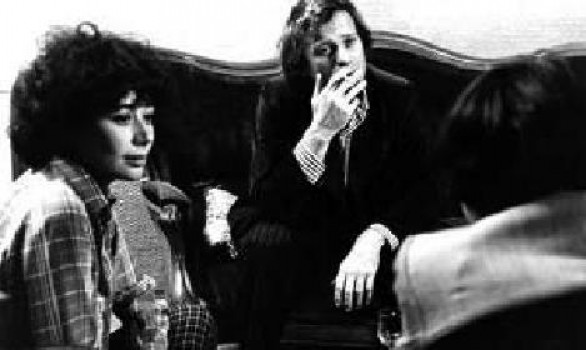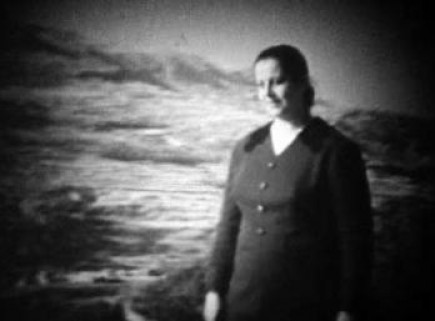In the spotlight beam of recent events whose consequences are still with us, this work of co-programming and presentation of the work of the Lebanese video artist Akram Zaatari ran the risk of coming across as opportunistic. Consequently, our vigilance has intensified around the attention that, together and above all, we wanted to pay to the works and the questions that they inspire.
There is probably no art form that can ignore the real world. Neither the work of Akram Zaatari nor the young and very vibrant Lebanese video art scene are impervious to what surrounds them.
Nevertheless, by eluding both the inconstant nature of reality and the dominant regime of its visibility, it is up to art to attempt to redistribute reality, maintaining as an integral necessity its sensitive rendering and the autonomous movement of a thought. The media images that we are familiar with more often than not attain this through a principle of automacity: filming suffices to touch, touching is equivalent to reflection, reflection is confused with the thing itself. Mirrors, as we all know, do not touch what they reflect. They are unable to break through the skin of things (Henri Michaux), to fashion the possibilities for a remarkable encounter that certain works invite us to experience.
Akram Zaatari can be defined as a creative artist interested in the images of others. Co-founder in 1997 of the FAI (Arab Foundation for the Image) that has undertaken to collect, file, restore and present in various forms (books, exhibitions) the endangered photographic heritage of the Arab world, one of the fundamental gestures of his work consists in capturing in the vibrant present around him certain images of the past. Concerned about the primeval nature of the material that he calls into play, in a both subjective and methodical manner, Akram Zaatari amplifies the echo of an intimate and inner form of recognition that also marks the commitment of a reflection on the status of the document (images, sounds, writings…), continually shifting between art, information, news, and the technology that produces it, reproduces it and makes accessible.
The working dimension of this artistic approach finds its outcome in exhibition that he now views as an undertaking inseparable from the act of artistic creation. As a result, we have aimed to restore and underline the affinity and indeed the analogy, so often pushed aside by the standards of distribution, between exhibition and programming. Therefore the six itineraries that we have put together (Présences des images, Signes déterrés, Conflit, d’ici et d’ailleurs, Troublantes versions des faits, Anatomie(s) du désir, Matières de la mémoire) while revealing the main themes of this body of work, will, we hope, encourage the circulation of thought and the highlighting of correlations and tensions. Through the presence of other artists and filmmakers in the different programmes (Shadi Abdel Salam, Jean Eustache, Walid Raad, Anne-Marie Miéville et Jean-Luc Godard, Mona Hatoum, Rabih Mroué), we needed to assert, around these six themes, the existence of a genuine space for dialogue whose creations are no longer the instruments but key nodes set apart from all culturalist divisions.
Not a retrospective, but a collection, an invention.
Jérôme Baron



